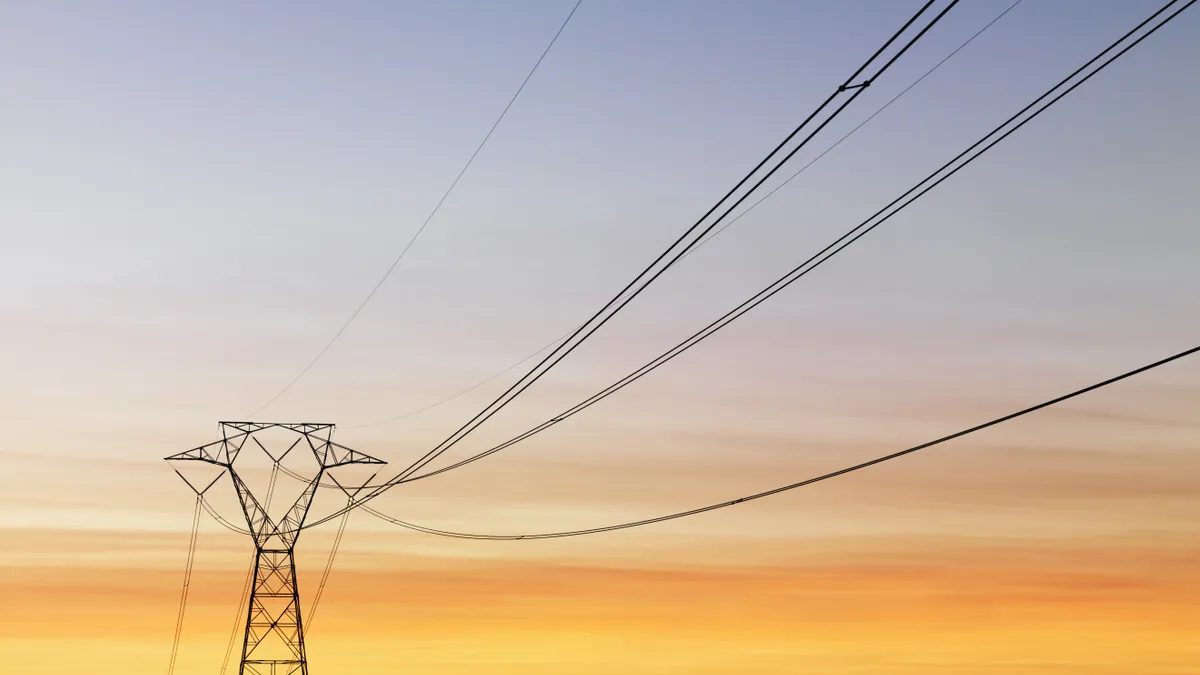Dive Brief:
- Planned transmission upgrades in Mexico and across the U.S. border could threaten to put the Texas power grid under the jurisdiction of the Federal Energy Regulatory Commission, the head of the Public Utilities Commission of Texas (PUCT) warned.
- In public memos last year, PUCT Chair DeAnn Walker wrote planned transmission upgrades in Mexico and proposed cross-border power lines could place the Electric Reliability Council of Texas (ERCOT) under FERC jurisdiction by allowing electricity from California flow into Texas.
- Permitting for the Arizona transmission tie is currently paused, E&E News reported, and Walker asked participants to seek "the necessary FERC disclaimers” to ensure ERCOT independence is not threatened. FERC, ERCOT and the PUC declined to comment.
Dive Insight:
In Texas, ERCOT's independence is sacrosanct. While other regions include capacity markets and other reliability rules in their market models, policymakers in the Lone Star State laud what they say is a freer, more efficient market in ERCOT.
Texas's unique market model is partly due to its independence from federal regulation. ERCOT's grid is not synchronously connected with other U.S. states, so it does not trigger the interstate commerce clause of the Constitution that would see it fall under the purview of the federal government.
That could change if a few key transmission projects are complete, Chair Walker detailed in November and December memos ahead of PUCT open meetings.
The Nogales transmission project, proposed in 2015 by Hunt Consolidated, aims to connect Arizona to the Mexican grid. At the same time, Mexico is moving forward with plans to connect the grid in its peninsular state of Baja California to the rest of the nation's electrical system.
Baja California is currently connected to the U.S. through transmission ties at the California border. If the projects were completed, the Nogales project and other connections with the Mexican grid could allow electricity from California to enter the Texas system, triggering FERC jurisdiction, Walker warned.
Market participants can request FERC issue jurisdictional waivers, Walker noted, and the owners of Nogales have already asked that DOE pause its application for a cross-border Presidential Permit until jurisdictional issues are resolved.
Coping with the Mexican grid upgrades could prove more difficult. Last month, power authorities announced plans for a 1.5 GW line to connect Baja California with the rest of the Mexican grid.
That development, Walker wrote, should push ERCOT to begin reforming its protocols to ensure that it "will not authorize transactions across the DC ties into Mexico in the event that the jurisdiction of ERCOT is at risk."
ERCOT already has this power in its Standard Form Market Participant Agreement, Walker argued, who wrote that any reforms should make clear that "ERCOT has the authority to require the breakers to the transmission lines that could cause any such transactions to potentially occur."
In her memos, Walker indicated she had spoken to staff at both ERCOT and FERC about the issue, but the agencies remain tight-lipped about their discussions. FERC, ERCOT and the PUC all declined comment on the discussions, but the grid operator did issue a statement to E&E News back in November.
"As new connections and conditions develop that have the potential to impact ERCOT's jurisdictional status," the grid operator reportedly said, "ERCOT and PUC staff are evaluating these concerns to determine what, if any, action might be needed to protect the PUC's jurisdiction over the electric grid and market serving most of Texas."













